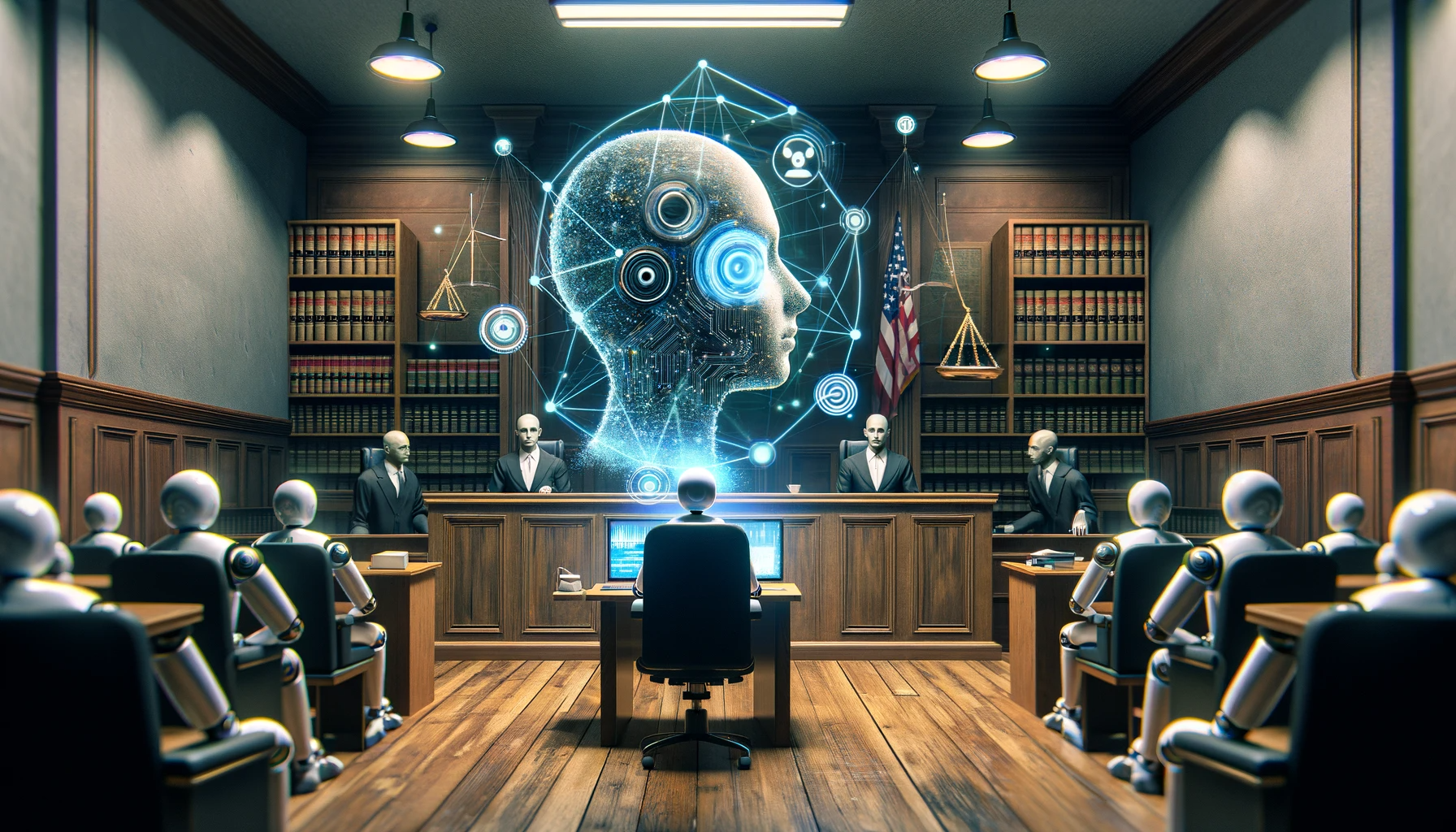Hey - welcome to this article by the team at neatprompts.com. The world of AI is moving fast. We stay on top of everything and send you the most important stuff daily.
Sign up for our newsletter:
In a significant shift towards modernizing the legal system, Australia is considering integrating Artificial Intelligence into its courtrooms, potentially altering the traditional reliance on judicial discretion. The Australasian Institute of Judicial Administration has recently proposed guidelines that pave the way for courts to adopt advanced technological solutions.
This approach is seen as a means to mitigate unconscious bias, promising a more objective and equitable legal process. However, the judiciary maintains a cautious stance, emphasizing the need for rigorous examination of any new technology before its implementation in legal proceedings.
This prudent approach underlines the commitment to ensuring that technological advancements complement the integrity and fairness of the Australian legal system.
The Intersection of AI and the Law: A New Frontier

The Federal Court of Australia is considering integrating AI systems into its judicial administration. This move isn't just about adopting new technology; it's a significant leap toward redefining the legal process. AI's potential role in courtrooms spans from assisting in judicial review to playing a part in patent law decisions.
AI as a Legal Person: Redefining the Concept of Inventorship
Central to this discussion is the role of AI as a 'legal person'. The question arises in the context of patent applications, specifically those involving AI systems as inventors. This issue has been a point of contention globally, with bodies like the European Patent Office grappling with similar dilemmas.
The Australian Federal Court's approach could set a precedent, influencing how many otherwise patentable inventions are treated.
The Case of Dr. Stephen Thaler: A Catalyst for Change
The debate gained momentum with the case of Dr. Stephen Thaler, whose AI system, DABUS, was named as the inventor of certain patentable inventions. This situation challenges the traditional notion of a human inventor, which is deeply ingrained in the Australian Patents Act and the legal framework.
Justice Beach's Landmark Decision: A Step Towards AI Recognition
Justice Beach of the Federal Court of Australia played a pivotal role in this narrative. In a landmark decision, he found that AI systems, under certain conditions, could be recognized as inventors. This ruling, which diverges from the traditional interpretation of 'inventor' as an inherently human role, opens up many legal and ethical questions.
The Implications of AI in Patent Law
Introducing AI into the realm of patent law doesn't just redefine who (or what) can be an inventor. It also raises questions about the ownership of inventions created by AI. If AI systems are recognized as inventors, the legal representative or the agent noun responsible for the AI must navigate uncharted waters regarding patent assignment and ownership rights.
Beyond Patents: AI's Broader Impact on the Legal System
The potential introduction of AI into Australian courtrooms extends beyond patent law. This technology, equipped with capabilities like machine learning and artificial neural networks, can mimic aspects of human brain function. This could revolutionize how courts access and process information, making judicial review more efficient and potentially more objective.
The Challenges and Considerations
However, this integration of AI into legal proceedings is not without challenges. Issues of privacy, the need for specific provisions in the Privacy Act, and the ethical considerations of autonomous decision-making are key issues that must be addressed. The current legislation may need substantial amendments to accommodate these changes.
As Australia contemplates this bold step, it's clear that introducing AI into courtrooms is about more than just technological innovation. It's about re-examining and possibly redefining the core principles of law and justice.
This move could mark a significant shift in judicial administration, setting a precedent for courts worldwide while ensuring that the legal system keeps pace with the rapid advancements in AI and machine learning. The journey of integrating AI into the legal domain in Australia is just beginning.
It's a path that promises to enhance the efficiency, fairness, and accessibility of the legal system. Still, it also requires careful navigation to balance technological possibilities with ethical and legal integrity.